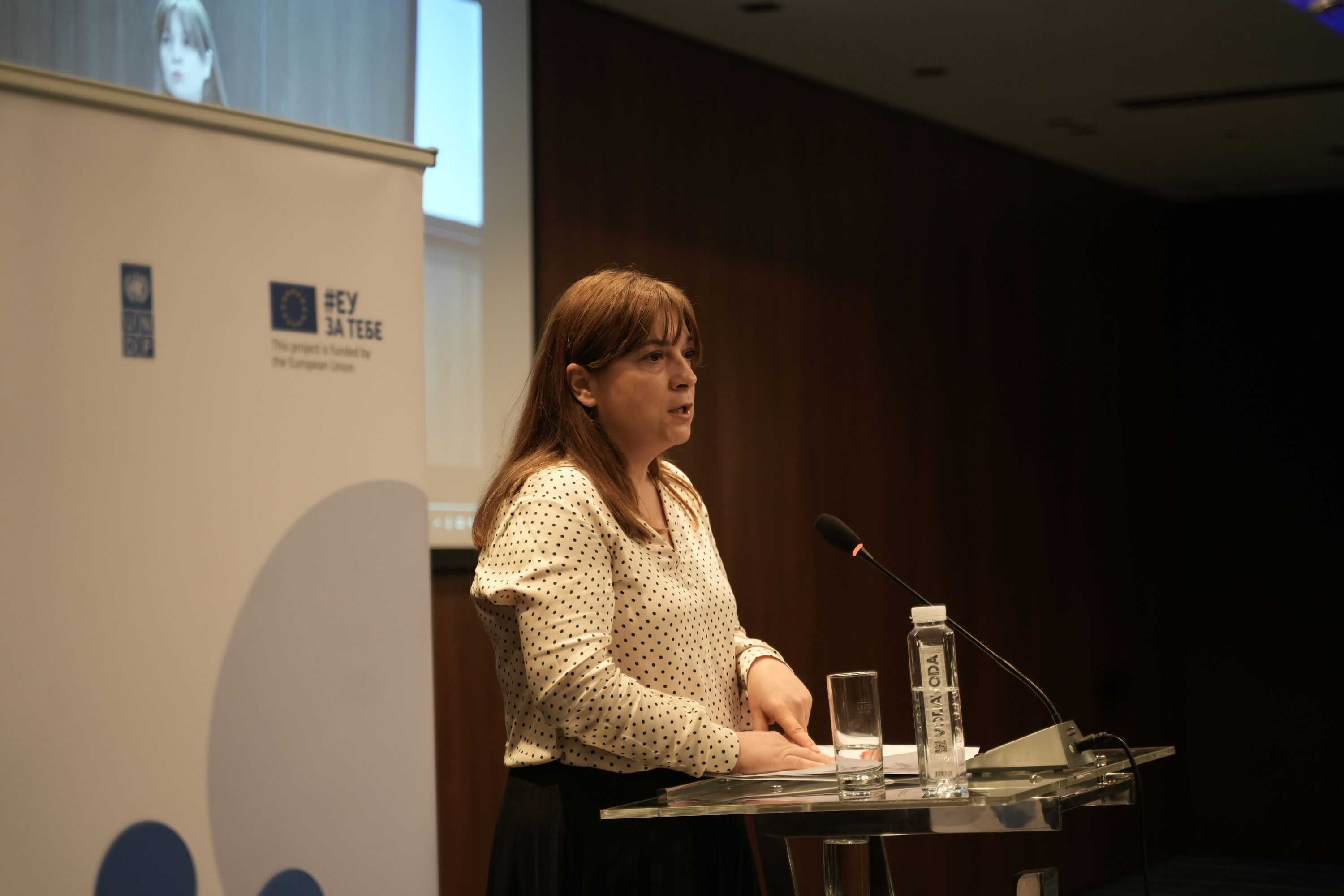More than 300 internal auditors from ministries, local governments, public enterprises, and other institutions attended a training today on changes to international internal auditing standards and their application in Serbia. The event was organized by the Central Harmonization Unit of the Ministry of Finance and the United Nations Development Programme (UNDP), with support from the European Union.
Opening the event, Spomenka Wurzburger, Assistant to the Minister of Finance in the Central Harmonization Unit, highlighted the pivotal role of internal auditing in ensuring good governance.

"Many of the elements outlined in the new standards are already part of our practice, but we will need to harmonize all regulations, manuals, and training curricula with these standards. This will require significant effort next year to revise documents and train employees," said Wurzburger.
Fabrizio Andreuzzi, UNDP Serbia Deputy Resident Representative, emphasized the importance of enhancing the knowledge and skills of internal auditors.
"We support improving the expertise of internal auditors to help them perform their critical roles in public administration—ensuring transparency and the responsible use of public funds in compliance with the law," said Andreuzzi. He explained that this initiative is part of a broader effort to help the Government of Serbia align public financial management with European Union standards and best practices.

International expert Francis Nicholson presented the key changes in the updated global standards, noting that significant work will be required in Serbia during 2025 to revise documents and train personnel for seamless implementation. Nicholson also identified strengthening cooperation between internal auditors and senior management as a critical challenge for the success of internal auditing.
The Global Standards on Internal Auditing, developed by the Institute of Internal Auditors, provide a universal framework for internal auditing across sectors and countries. The updated standards, published in early 2024, will come into effect in January 2025. Notable updates include detailed guidance on emerging risk areas such as cybersecurity, sustainability, and third-party relationships.
This workshop was organized as part of the project "EU for Public Finance Management in Serbia", funded by the European Union and implemented by UNDP, in partnership with the Center for Excellence in Finance (CEF) and the Ministry of Finance of Slovakia.